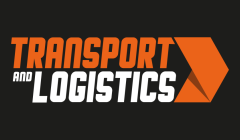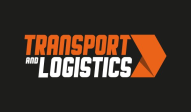The Freight Transport Association (FTA) announced that the Mayor of London is rushing through an ill-considered road safety scheme, Direct Vision Standard (DVS), which aims to improve safety of heavy goods vehicles operating in the capital. However, according to FTA, hundreds of cleaner trucks would have been on London’s roads now if it wasn’t for the uncertainty over his plans.
Logistics operators are getting confused and frustrated because of the length of time that the qualification levels for the DVS will take to finalise. They are forced to postpone the procurement of new and cleaner vehicles because they might not be eligible for use in the years ahead.
FTA is calling on Transport for London to rethink the DVS plans and coordinate its implementation with the tightening up of London’s Ultra Low Emission Zone. That way, logistics operators can plan their fleets properly.
“The Mayor has scored a spectacular own goal with DVS. FTA, along with everyone living and working in London, wants to see an improvement in the city’s air quality, but this could have happened faster if the new DVS had been better planned. FTA’s submission to the latest consultation on the scheme provides evidence that truck owners and operators are delaying procurement of the cleanest Euro VI vehicles, because they have no idea whether they’ll meet the requirements of the DVS,” said Natalie Chapman, FTA’s Head of Urban Policy in her submission to DVS scheme phase two.
New UK truck registrations in Quarter 3 of 2017 were down 5.7% when compared to the same period from the previous year, according to figures from the Society of Motor Manufacturers and Traders. FTA believes that this is partly the fault of the uncertainty caused by DVS and Ultra Low Emission Zone in London, together with the plans for clean air zones in other parts in the UK.
“HGVs form the backbone of the capital’s logistics system transporting everything the city needs, from food and medical supplies to building materials and waste recycling. The Mayor should be doing everything he can to help responsible operators buy the cleanest and safest vehicles,” concluded Chapman.




